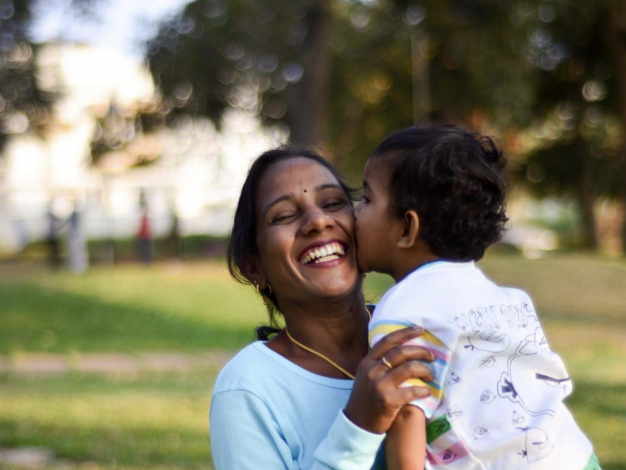
Nurturing Neighbourhoods Challenge India selects its latest cities
Agartala, Bengaluru and Coimbatore are among a group of Indian cities selected for the Nurturing Neighbourhoods Challenge cohort, a three-year initiative aimed at supporting early childhood-friendly neighbourhoods under the government’s Smart Cities Mission.
A total of 25 shortlisted cohort cities will receive support and technical assistance over the next six months to test and strengthen their proposals. More than 60 cities had proposed neighbourhood-level pilot projects in public space, mobility, and access to services to enhance the physical and psychological health of young children and their caregivers.
The Smart Cities Mission, Ministry of Housing and Urban Affairs, announced 25 shortlisted cities for the Nurturing Neighbourhoods Challenge cohort, in collaboration with the Bernard van Leer Foundation (BvLF) and technical partner WRI India.
The other cities selected are Dharamshala, Erode, Hubballi-Dharwad, Hyderabad, Indore, Jabalpur, Kakinada, Kochi, Kohima, Kota, Nagpur, Rajkot, Ranchi, Rohtak, Rourkela, Salem, Surat, Thiruvananthapuram, Tiruppur, Ujjain, Vadodara, and Warangal.
Adapting underused open spaces within government school grounds
All those who applied proposed a mix of pilot projects, including creating toddler-friendly walking corridors in residential neighbourhooods; safer commutes to early childhood services for vulnerable young children and caregivers living in urban slums; increasing opportunities for nature play and sensory stimulation, and adapting underused open spaces within government school grounds into public play areas after school hours.
Those who have been successful will receive technical assistance, capacity building and other support tools to help them experiment and run trials this year to demonstrate what works and what doesn’t, get people involved and secure support for their proposals.
During the three-month application period, over 100 cities were engaged through remote or in-person discussions and online capacity-building workshops under the Nurturing Neighbourhoods Challenge. There was an enthusiastic response from cities to focus on the needs of young children aged 0-5 and their carers. Over 300 pilot projects were proposed in neighbourhoods across India that would improve quality of life for over-12 lakh children aged 0-5 years old.
‘Enthusiastic response from cities’
In addition to physical interventions in public spaces, cities have also proposed public engagement activities designed to support behavioural changes and have considered long-term policy and administrative changes needed to place an early-childhood lens in their approach to urban planning and development.
“By engaging cities to shape healthier urban environments for early childhood, the Challenge has refocused attention on the importance of neighbourhood-level interventions,” Kunal Kumar, joint secretary and Mission director, Smart Cities Mission, MoHUA is quoted as saying by moneycontrol.com.
This approach is well-aligned with the strategy of the Smart Cities Mission to promote inclusive, people-oriented development in compact, local areas towards scaling city-wide solutions that enhance our citizens’ quality of life.”
OP Agarwal, CEO of WRI India, added: “As Indian cities build back from the pandemic, there is growing interest in creating walkable, mixed-use neighbourhoods. We are pleased to see Indian cities working towards reimagining their streets and public spaces, keeping the needs of the very young in mind, along with improving access to early childhood services. We applaud all cities that are taking part in the Challenge and we look forward to working with the selected cities to pilot data-driven solutions that can serve as a model for other cities to follow.” (moneycontrol.com).
The Nurturing Neighbourhoods Challenge, launched on 4 November last year, invited participation from all Smart Cities, capitals of states and UTs, and other cities with a population above 5 lakh (500,000) were eligible to participate.
Click here to visit the NNC website, which has full details of the selection process, and the next steps.




